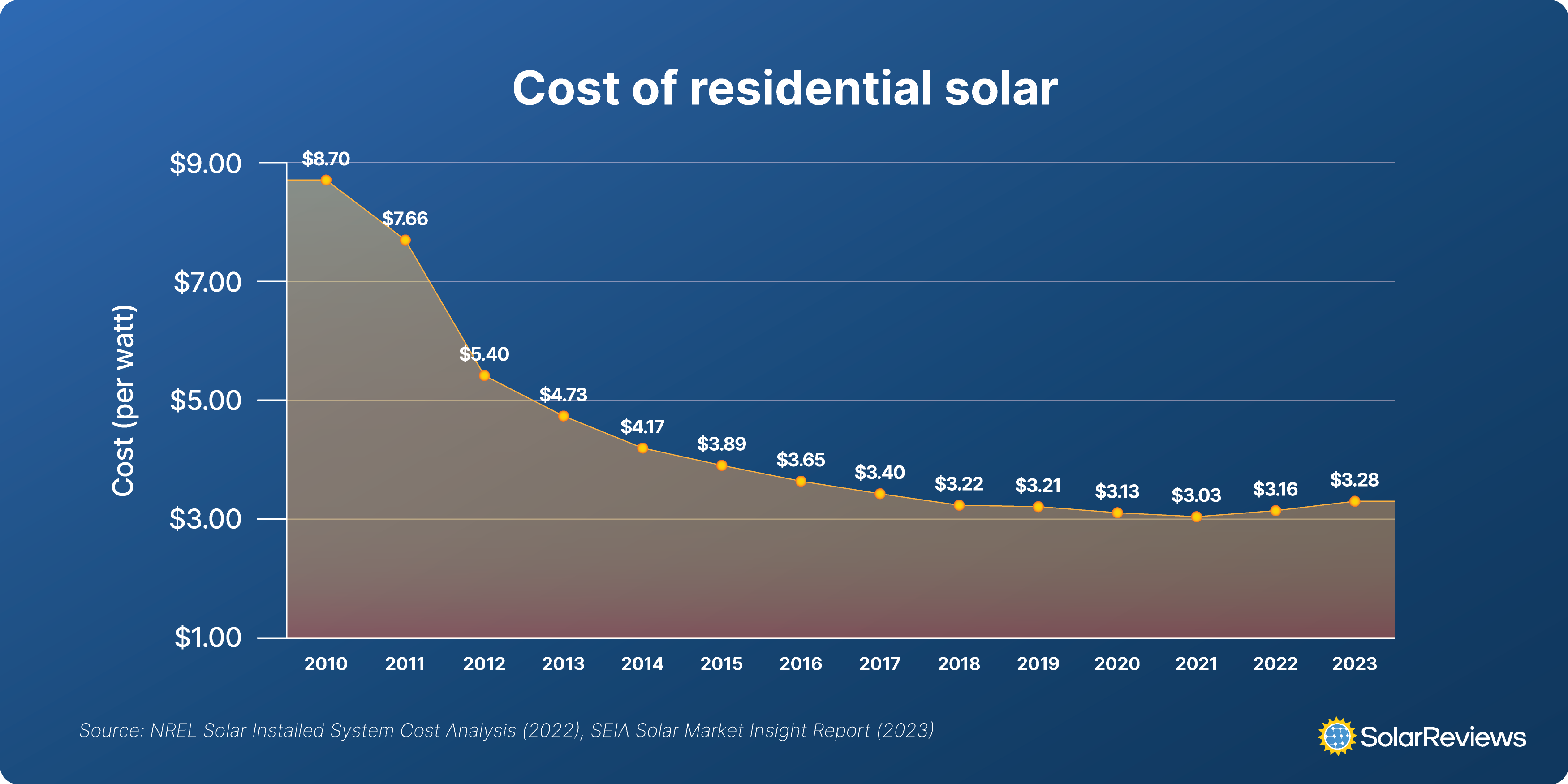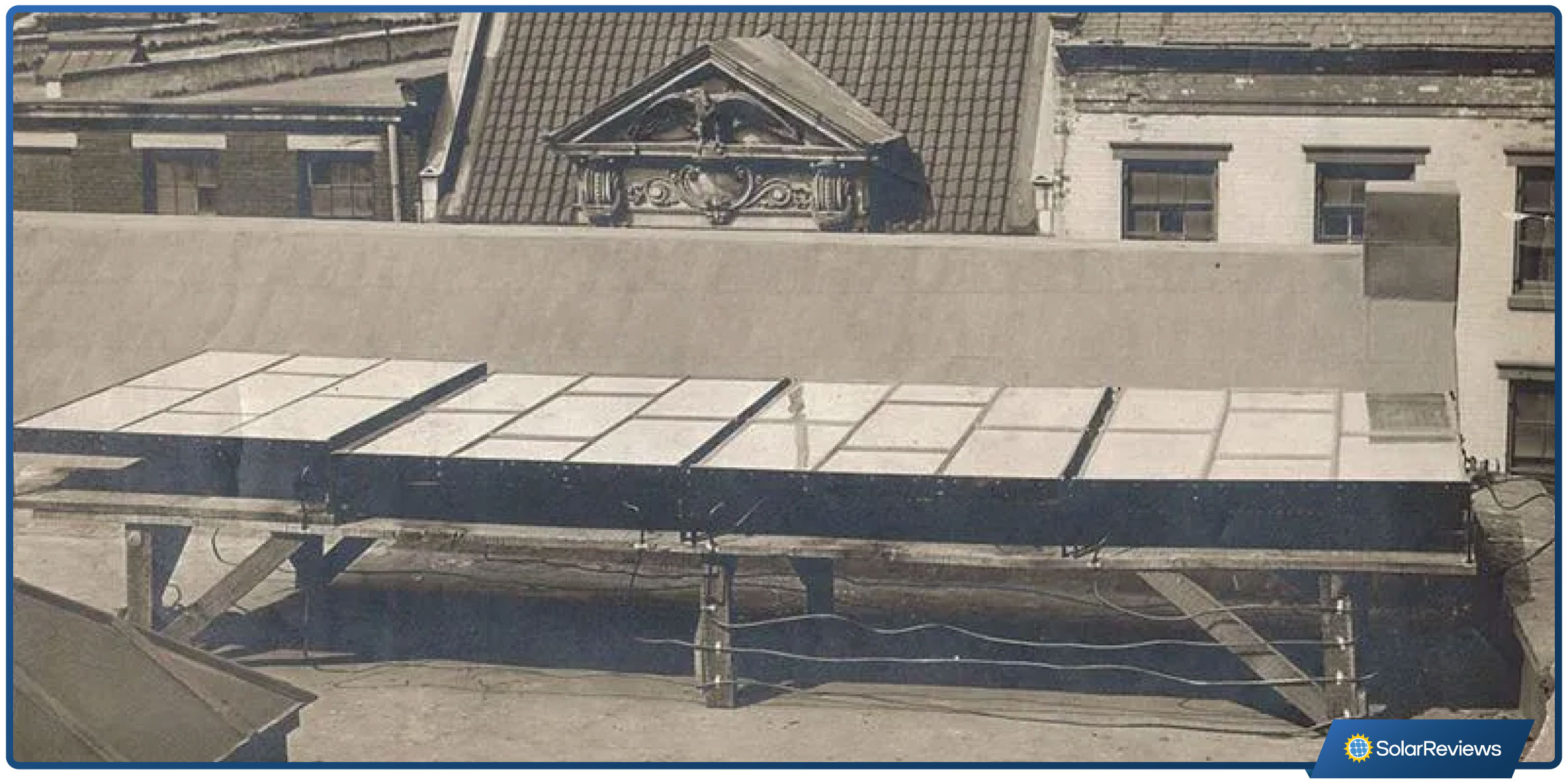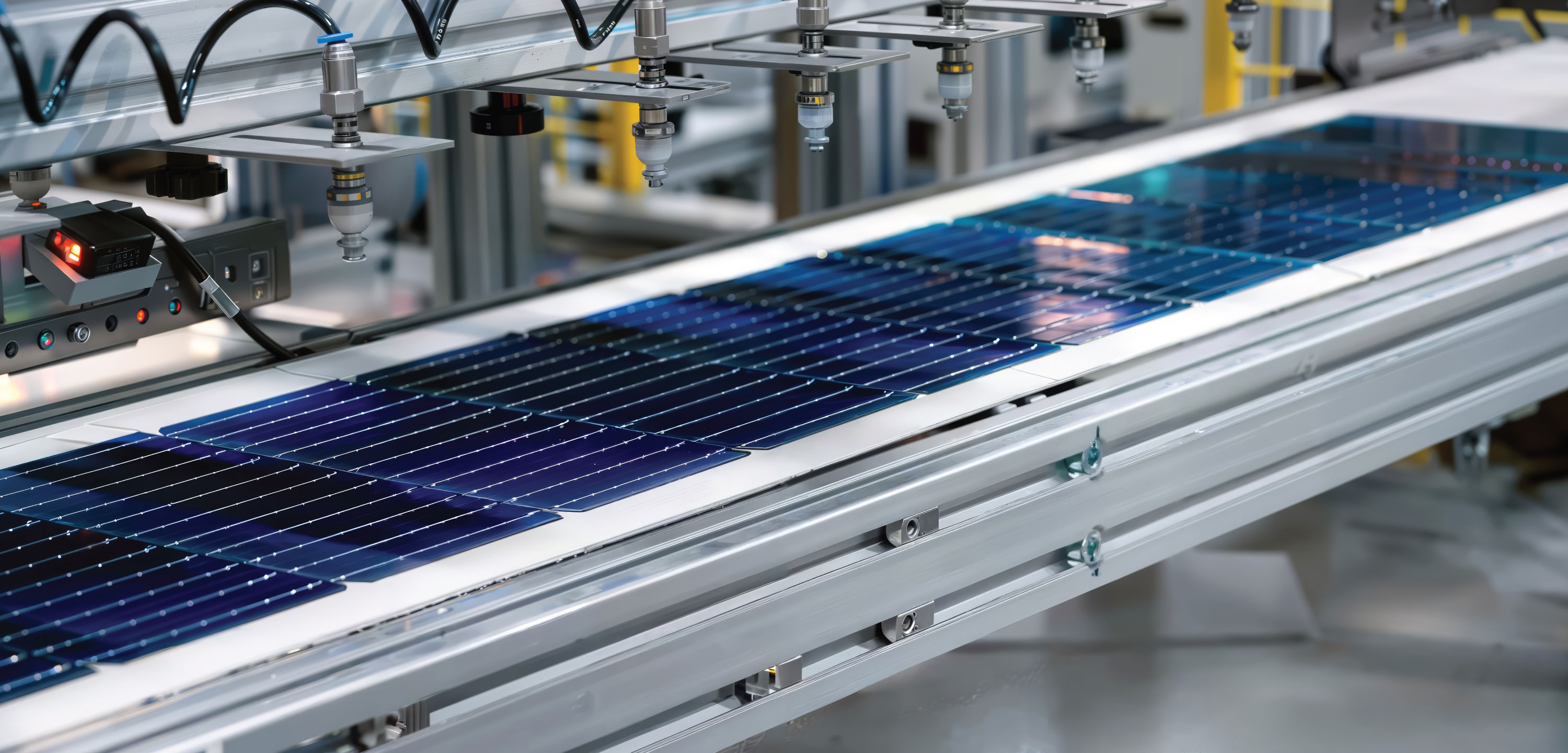Updated 1 month ago
How Has the Price and Efficiency of Solar Panels Changed Over Time (2025 Update)
Written by Jamie Smith Jamie SmithJamie is a Content Writer and researcher at SolarReviews. A recent graduate of La Salle University in Philadelphia, Jamie earned her B.S. in communica...Learn more , Edited by Catherine Lane Catherine LaneCatherine has been researching and reporting on the solar industry for five years and is the Written Content Manager at SolarReviews. She leads a dyna...Learn more

Why you can trust SolarReviews
SolarReviews is the leading American website for solar panel reviews and solar panel installation companies. Our industry experts have a combined three decades of solar experience and maintain editorial independence for their reviews. No company can pay to alter the reviews or review scores shown on our site. Learn more about SolarReviews and how we make money.
The evolution of residential solar over the last decade has been astonishing, to say the least. In 2025, solar panels are cheaper and more efficient than ever!
Solar panels becoming more affordable will be a key player in the expansion of residential solar, contributing to the combat against climate change - and higher efficiency ratings can help keep costs down and guarantee customers will be getting the best outcomes possible!
Let’s take a look at how solar panel cost and efficiency have changed over time.
Key takeaways
Solar panels are about 60% cheaper and 40% more efficient than they were in 2010.
Solar panels in 2010 cost about $8.70 per watt and were about 15% efficient.
Today, solar panels cost about $3.00 per watt on average and are between 19% and 22% efficient.
The price of solar panels could continue to drop, but it can depend on technology, market conditions, and government policies and programs.
The price of solar panels over time
Data from the National Renewable Energy Laboratory (NREL) documented that residential solar panel installations cost about $8.70 per watt in 2010, meaning the average 6 kilowatt (kW) solar installation in 2010 cost about $52,200 before any incentives.
Today, the average cost for an installation that size today is around $18,000, less than half of the price in 2010!

The price of solar has crept up slightly since 2021, which could be attributed to the COVID-19 pandemic, increased solar financing costs, and supply chain issues. However, 43% of respondents in our 2025 Solar Industry Survey reported seeing improvements in supply chain issues from the previous year.
Will the cost of solar continue to decline?
The truth is – it depends!
Historically, we have seen solar costs decline and deployment expand through policies and government programs that invest in and incentivize solar. The higher the demand for solar, the cheaper it's gotten.
The expansion of solar can heavily rely on political leaders, federal funding, and other factors. With the recent funding announced for “Solar For All” by the Biden-Harris Administration, there is projected to be more solar distributed to low-income families and communities.
Also, with the help of the Inflation Reduction Act (IRA) in 2022, more incentives, such as the extension of the federal tax credit, have been created to further subsidize solar installation. The history of the tax credit shows us that government support is important for expanding the solar industry.
Keep in mind! Solar panel modules themselves aren’t the only “cost” factored into getting solar. Solar inverters and other soft costs, including installation, permitting, and inspections, are also included in residential solar installation costs.
Solar panel efficiency over time
The first ever functioning rooftop solar panels were installed atop a New York City rooftop in 1883 – and had an energy conversion rate of a mere 1%.
By 2010, solar panels had efficiency ratings of around 15%. Nowadays, most monocrystalline solar panels have efficiency ratings between 19% and 22%.

The first-ever functioning solar panels on a New York City rooftop were just 1% efficient! Source: Smithsonian Magazine
In the last decade, solar panel efficiency has come a pretty long way. Back in 2014, news broke that solar manufacturer, First Solar, had set the world record for the most efficient PV solar cell at 20.4%. Over ten years ago, record-breaking efficiency now falls within the industry standard thanks to new and evolving solar technology.
In fact, many homeowners get solar quotes using panels that are over 22% efficient! Popular high-efficiency solar panel brands include:
Solar technology is constantly evolving. It’s a huge possibility that we will see even more efficient solar panels in the near future. TOPCon solar cells are highly efficient and were popular across 2023 and the start of 2024. Perovskite solar cells are also a promising technology, with some scientists achieving cell efficiencies of almost 40%. However, perovskite won’t become mainstream until the manufacturing price goes down.
Is solar panel efficiency important?
A solar panel’s efficiency rating tells you how good a solar panel is at turning sunlight into usable electricity. Therefore, the higher the efficiency rating, the more electricity a solar panel can generate.
Solar panel efficiency plays an important role in how much energy a solar panel produces. In fact, the experts at SolarReviews consider module efficiency as one of the factors when scoring the top solar panel brands for 2024.
However, other specifications, such as the wattage rating and temperature coefficient, are also very important to consider when comparing solar panels. We also consider these data points in our solar panel scoring criteria.
Solar panel cost and efficiency today
In 2025, the average cost of a solar installation is about $19,000, or $3.00 per watt, before any incentives are factored in.
The industry standard for efficiency is between 19% and 22%, but we’re beginning to see more panels with efficiency ratings above 22%. Some are even close to breaking 23%!
Data from Solar Energy Industries Administration (SEIA) predicts that the U.S. solar fleet will nearly quadruple by the end of 2034. With such high demand, we could see prices continue to steadily drop. However, elected officials will also play a role in the expansion of solar – so the future is not entirely certain.
If you are curious about solar being right for your home, putting your information into our solar calculator can help you get a better idea of what you can expect when you install solar.
Jamie is a Content Writer and researcher at SolarReviews. A recent graduate of La Salle University in Philadelphia, Jamie earned her B.S. in communications with a concentration in journalism, mass media, and public relations. Jamie has previously worked at a marketing company where she had the opportunity to highlight and promote small business owners through long-form stories and interviews. With a deep-rooted passion for creativity, Jamie stri...
Learn more about Jamie Smith